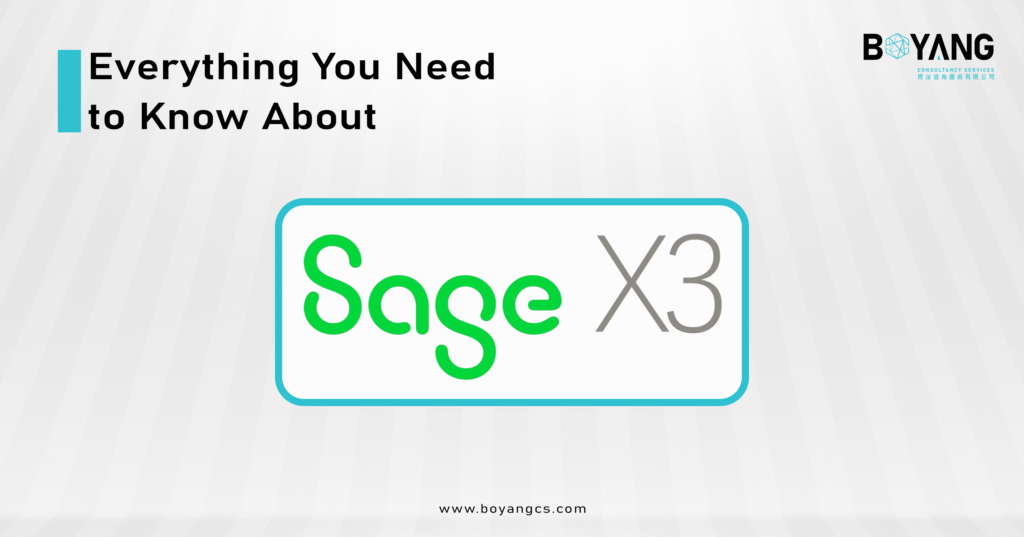In the digital transformation era, businesses face various risks and challenges that threaten their operations and online security. From malicious attacks to natural disasters, these threats can lead to severe consequences such as data loss, customer attrition, and reputational damage. To mitigate these risks, it is crucial for businesses to develop comprehensive Business Continuity Plans (BCP) and Disaster Recovery Plans (DRP).
What is a Business Continuity Plan?
A Business Continuity Plan (BCP) is a strategy that ensures a company can maintain its essential operations or quickly resume them after a disruption. This plan covers all aspects of business operations, including personnel, equipment, processes, and supply chains.

The Importance of a Business Continuity Plan:
The importance of a Business Continuity Plan cannot be overstated:
- Ensures Operational Continuity: A BCP helps maintain business operations and quality during disruptions, meeting customer expectations and regulatory requirements.
- Reduces Losses and Costs: It minimizes the financial impact of business interruptions, legal liabilities, and reputational damage.
- Enhances Competitive Advantage: Demonstrating preparedness and responsibility during crises builds trust and strengthens stakeholder relationships.
Key Components of a Business Continuity Plan
- Risk Assessment: Identify and evaluate risks that could impact business operations.
- Business Impact Analysis: Prioritize business functions to determine their importance and recovery timelines.
- Continuity Strategies: Develop preventive measures and response strategies based on risk assessments and impact analyses.
- Implementation Plan: Translate strategies into actionable steps, assign responsibilities, and establish communication protocols.
- Testing and Exercises: Regularly test and update the plan to ensure its effectiveness and address any weaknesses.
What is a Disaster Recovery Plan?
A Disaster Recovery Plan (DRP) focuses on restoring IT systems and data following a disaster. The scope of a DRP primarily includes IT infrastructure such as servers, networks, and software. Read about the evolution of national disaster risk reduction plans in China. The importance of a DRP includes:
- Data and Asset Protection: Safeguard critical data and assets, preventing irreparable losses.
- Network Security and Stability: Restore IT system functionality and performance to prevent further attacks or failures.
- Business Resilience: Enhance the ability to respond to IT disasters with preemptive risk assessments and recovery measures.

Key Components of a Disaster Recovery Plan
- Backup and Storage: Regularly copy and store critical data in secure, accessible locations.
- Recovery and Restart: Utilize backup data to restore IT resources and restart essential services.
- Replacement and Transfer: Use alternative IT resources or service providers to maintain business continuity.
- Implementation Plan: Outline specific recovery steps, assign responsibilities, and ensure effective communication.
- Testing and Exercises: Regularly test the plan to verify its effectiveness and make necessary improvements.
Conclusion
Developing advanced and win-to-win Business Continuity and Disaster Recovery Plans is essential for maintaining business operations and network security during crises. These plans help businesses protect their data, assets, and protect against financial losses. By proactively preparing for disruptions, businesses can ensure competitive edge, interruption-free growth, continuity, and long-term success. It’s essential for every business to stay updated with the importance of business continuity plans and disaster recovery strategies. Whether if you need a free consultation to learn and leverage the solutions, Boyang is here for you. With proffessional team or newtork and security experts, Boyang has been empowering businesses since 2015, with all the tools, education to provide best-in-class managed network and cyber security solutions in China and Hong Kong.




